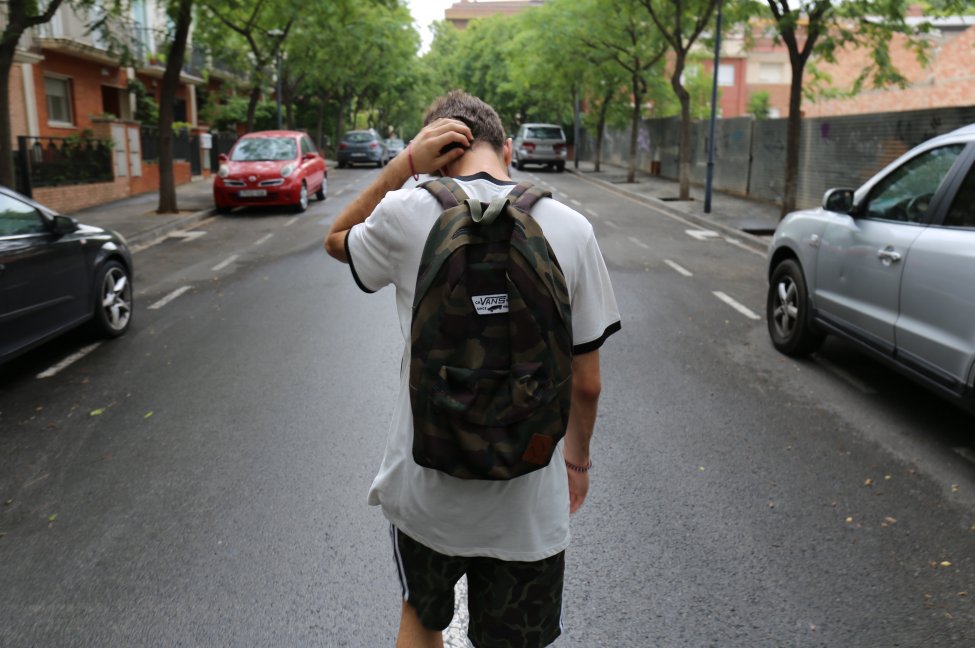Supportive relationships and physical activity can help prevent mental health problems among teens during the pandemic, according to a new study. File photo by Jesús Rodríguez/Unsplash
Jan. 24 (UPI) — Supportive relationships with family and friends and healthy physical activity and sleep prevented adolescents and teens from developing mental health problems during the height of the COVID-19 pandemic, a study published Monday by the Journal of Adolescent Health found.
For adolescents and teens ages 11 to 14 years, positive relationships with parents, participation in family activities and exercise, and improved sleep protected against stress, anxiety and depression, the researchers said.
Conversely, increased screen time on social media and video games and witnessing racism or discrimination had negative effects on the mental health of young people in this age group, they said.
Girls and adolescents and teens who entered the pandemic with pre-existing mental health or sleep problems appeared to be particularly vulnerable to the potential negative effects of the public health crisis, according to the researchers.
“Early adolescence is a time when youth are already experiencing rapid change physically, emotionally, and socially, and the COVID-19 pandemic has caused immense disruption to this sensitive stage in life,” study co-author Dr. Nora D. Volkow said in a press release.
“This is important now, as we continue to grapple with the pandemic, and also in future crisis response at the local or national level,” said Volkow, director of the National Institute on Drug Abuse.
Several studies have found that adolescents and teens saw increasing rates of mental health problems in 2020, during the height of the COVID-19 pandemic, when many schools across the country were closed and extracurricular activities curtailed to limit the spread of the virus.
Once schools reopened for in-person learning, educators and mental health professionals reported a rise in student mental health support needs.
The findings of this report are based on data from more than 3,000 adolescents ages 11 to 14 years recorded before and during the early months of the COVID-19 pandemic in 2020 as part of the Adolescent Brain Cognitive Development, or ABCD, study.
Overseen by the National Institutes of Health, the ABCD study is an ongoing assessment of brain development and child health in the United States.
Adolescents and their parents completed pre-pandemic assessments by February 2020 and then submitted three online COVID-19 surveys, conducted between May and August 2020, the researchers said.
Researchers used machine learning methods to look for patterns of positive affect, anxiety, stress and depressive symptoms across the surveys, they said.
“Focusing on what you can do to support young people … really matters during times of stress.” study co-author Fiona C. Baker said in the press release.
Steps to take “like maintaining as much of a routine as possible, walking at least 10 minutes a day and strengthening family relationships,” can help, said Baker, director of the Center for Health Sciences at non-profit research institute SRI International in Menlo Park, Calif.
